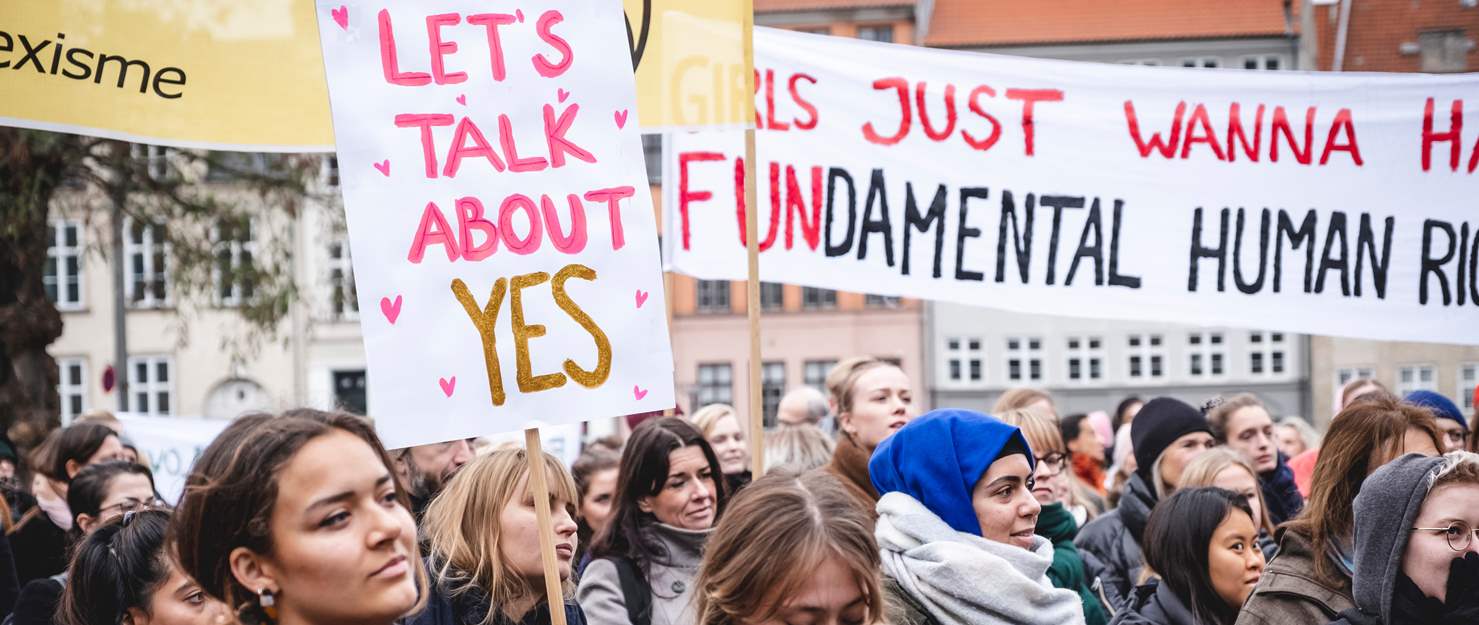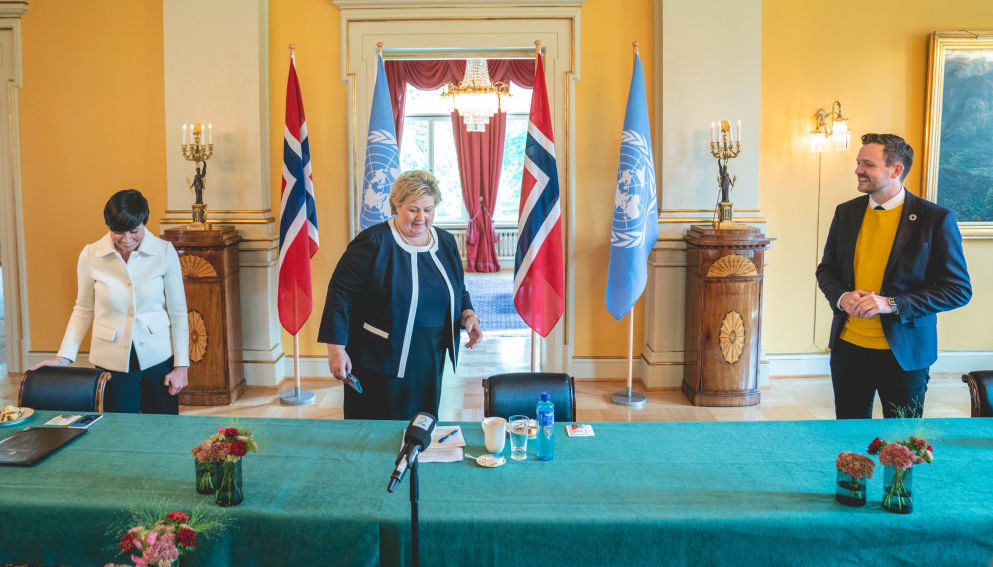 The law in Denmark doesn’t define rape by the absence of consent but by other factors, such as whether physical violence or threats were used. In fact, only 8 out of 31 European countries have rape laws based on consent.
The law in Denmark doesn’t define rape by the absence of consent but by other factors, such as whether physical violence or threats were used. In fact, only 8 out of 31 European countries have rape laws based on consent.
But what about cases where there was no physical violence? What about cases where the victim froze, paralyzed by sheer terror, or because the person who raped them was a friend or partner? We know this happens – so the law should take it into account.
The University of Southern Denmark estimates that as many of 24,000 women and girls were affected by rape in Denmark in 2017. Yet only 890 rapes were reported to police that year and, of these, just 535 resulted in prosecutions and only 94 in convictions. This is unacceptable.
Thanks to the determined efforts of survivors campaigning for change, Denmark now has a real opportunity to improve access to justice for rape. But they need your support.
“Maybe it wouldn’t have happened if the law was different. The law has a lot to do with exactly why I didn’t realize it was rape. It’s such a fragile situation, and a situation where you’re so ashamed…” – Liva, aged 25, who was raped by a man she already knew at a music festival in 2017
Laws guide people’s attitudes and behaviors, so Denmark must make it clear in law that sex without consent is rape. The question is not whether a person said: “no”, but whether they said “yes”.
Sign the petition now and tell the Minister of Justice to change the legal definition of rape to one based on the absence of consent, in line with international human rights law.
Tell the Danish authorities to provide training for professionals and sexuality education to young people to create a ‘consent culture’ and remove the barriers victims currently face when seeking justice.
#LetsTalkAboutYES




